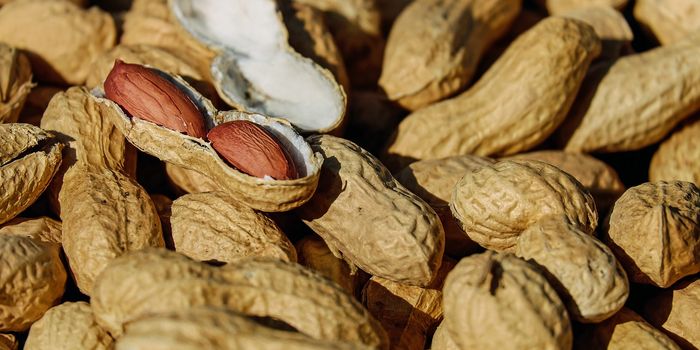A Better Place to Gain Weight
The Centers for Disease Control and Prevention (CDC) report that in the United States, about 93 million adults are obese. Obesity is a disease with terrible health impacts such as heart disease, stroke, type 2 diabetes and certain types of cancer that are some of the leading causes of preventable, premature death. But, is there a preferred place on the body to gain the weight? An odd question, but a team of researchers at the University of California, Riverside have started with this question in hopes their work may lead to a better understanding of the disease.
Associate professor of biomedical sciences University of California’s medical school answers the question; is it better to gain weight on the abdomen or the hips? Women will typically gain weight a little easier in their hips before the belly and men tend to increase the weight in their abdominal region.
The study design included male and female mice with diet-induced obesity. High-fat diets demonstrated differences amongst the genders. Male mice were prone to the diet-induced obesity more so than females. Interestingly, the researchers removed the ovaries of the female mice and observed a shift in their ability to avoid obesity. This data suggests that the ovarian hormones may be contributing a protective mechanism to the female weight gain.
Male mice on the high-fat diet displayed changes in the hypothalamic neuropeptide expressions, the region of the brain that controls feeding and satiety, thermoregulation, thirst, circadian rhythms, metabolism, and mammalian reproduction. An increase in immune cell activation in the brain was also noted among male mice, whereas in ovariectomized female mice an anti-inflammatory cytokine immune system molecule called IL-10 was increased. The team states that this result may indicate the lack of neuroinflammation in females is due to something other than ovary related mechanisms.
The study reveals a difference in fat accumulation between males and females. The males will gain the added weight in the abdominal region and the females first add the weight in the hip region. This difference could be linked to the unique results of weight gain between genders.
Djurdica Coss, associate professor of biomedical science at the University of California Riverside School of Medicine states, "We addressed this assumption by removing ovaries in young mice.” Coss also shared, "We found that the mice proceed to gain weight when fed a high-fat diet, suggesting that ovarian hormones are indeed protective against weight gain. But we found, too, that these female mice exhibit neither neuroinflammation nor changes in reproductive hormones, suggesting that they are protected by factors other than ovarian estrogen. This is a novel finding."
“Our studies suggest that inflammation-induced synaptic remodeling is potentially responsible for hypothalamic impairment that may contribute to diminished levels of gonadotropin hormones, testosterone, and sperm numbers, which we observe and corresponds to the observations in obese humans. Taken together, our data implicate neuro-immune mechanisms underlying sex-specific differences in obesity-induced impairment of the hypothalamic function with potential consequences for reproduction and fertility”, reports Coss.
Coss and team suggest the immune-inflammatory markers, cytokines, being secreted in the blood may migrate from the blood and fat tissue, to activate immune cells that allow for an easier transfer across the blood-brain barrier. The team recognizes there may be other immune cells contributing to the neuroinflammation.
Sources: CDC, MedExpress, Frontiers









